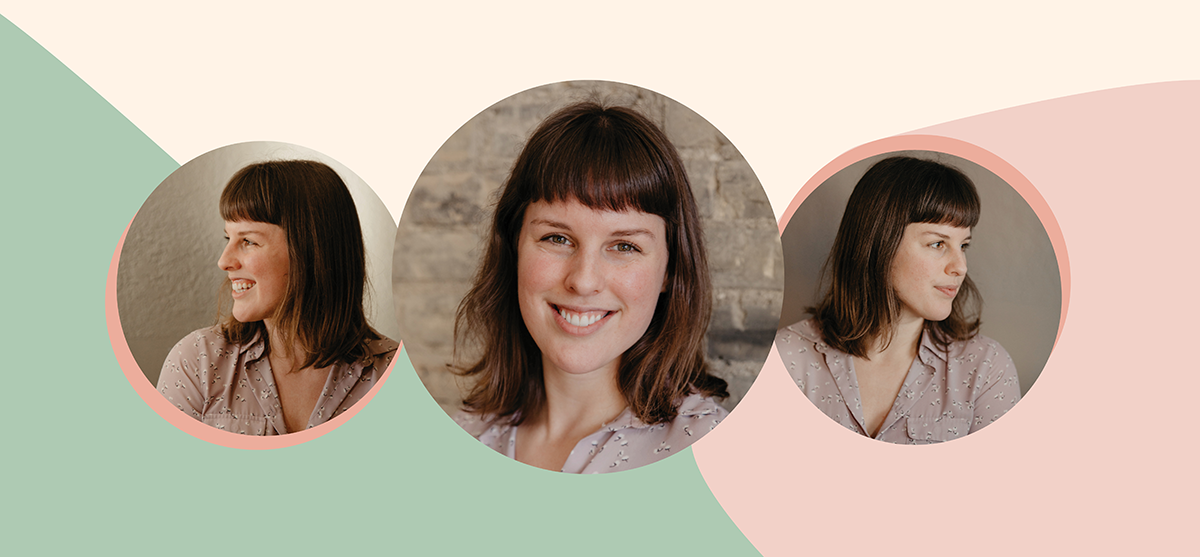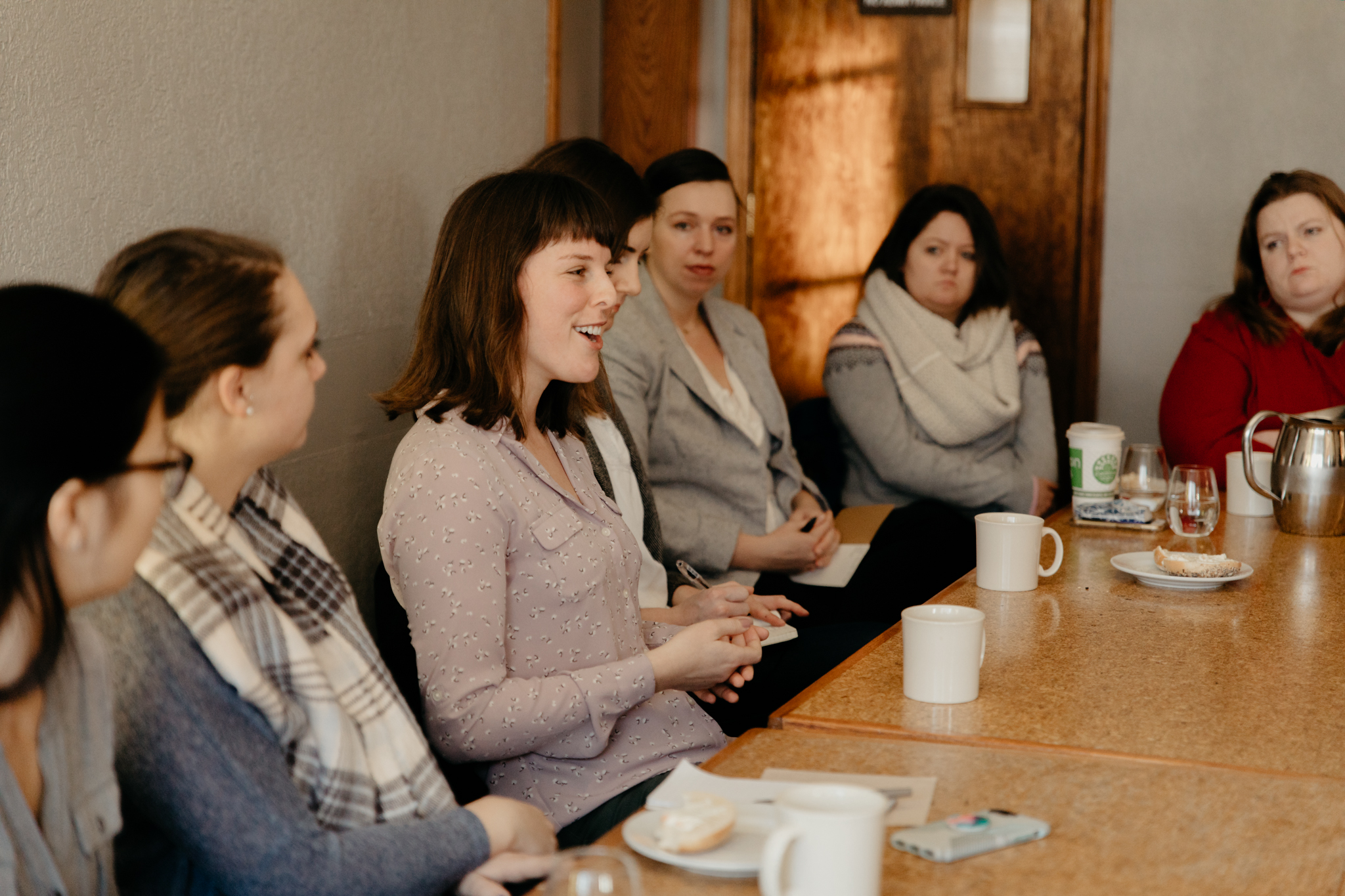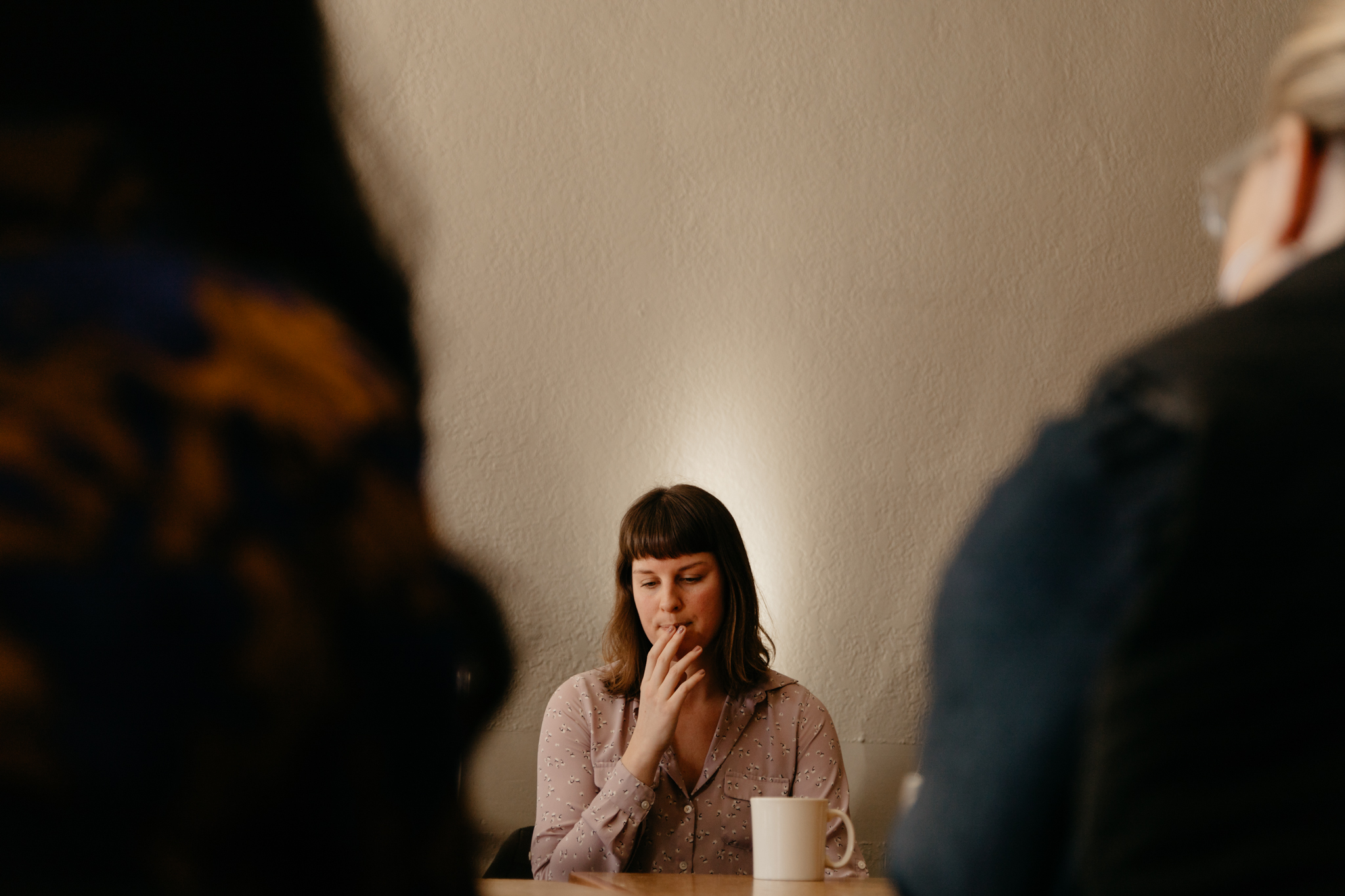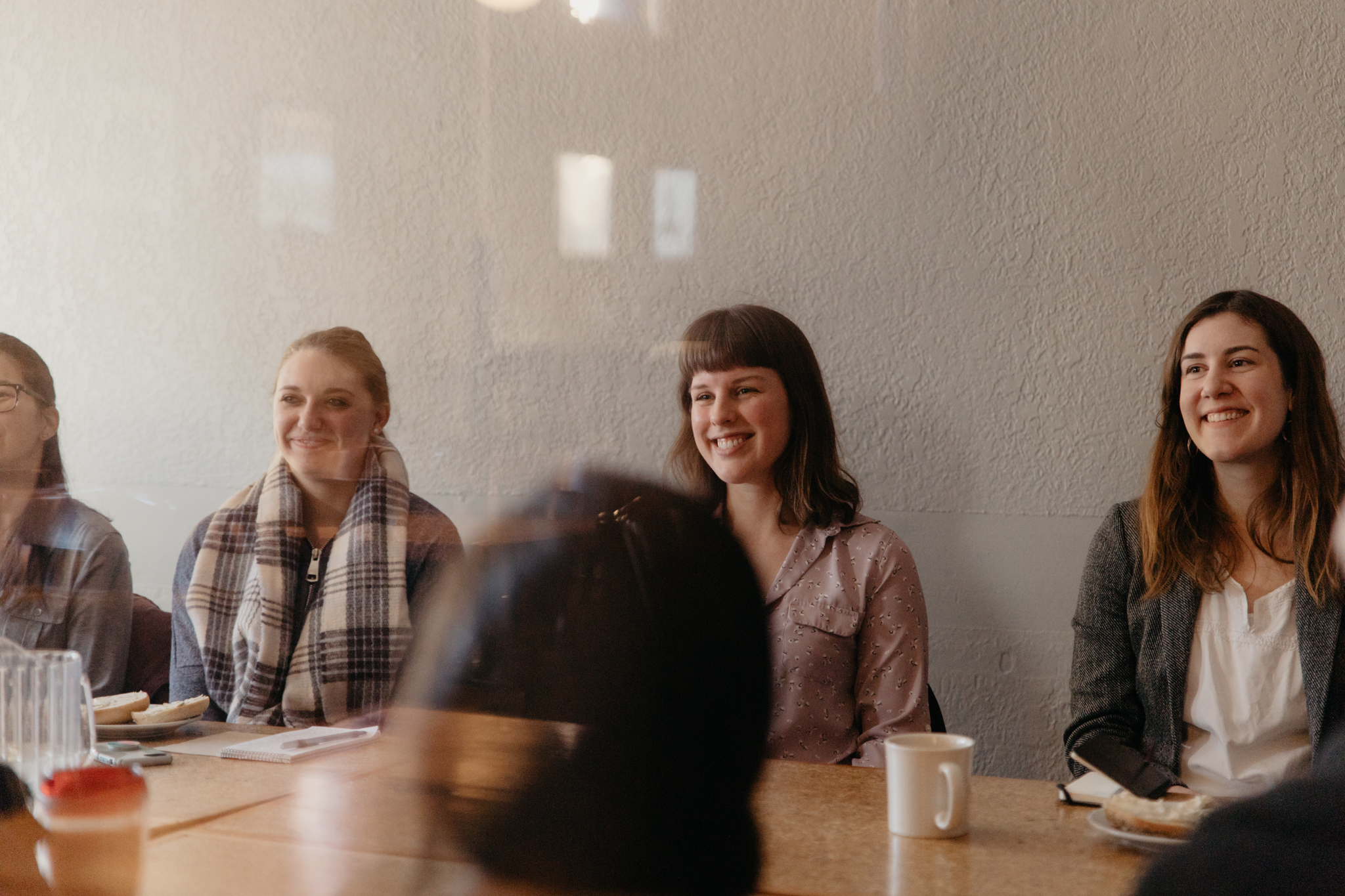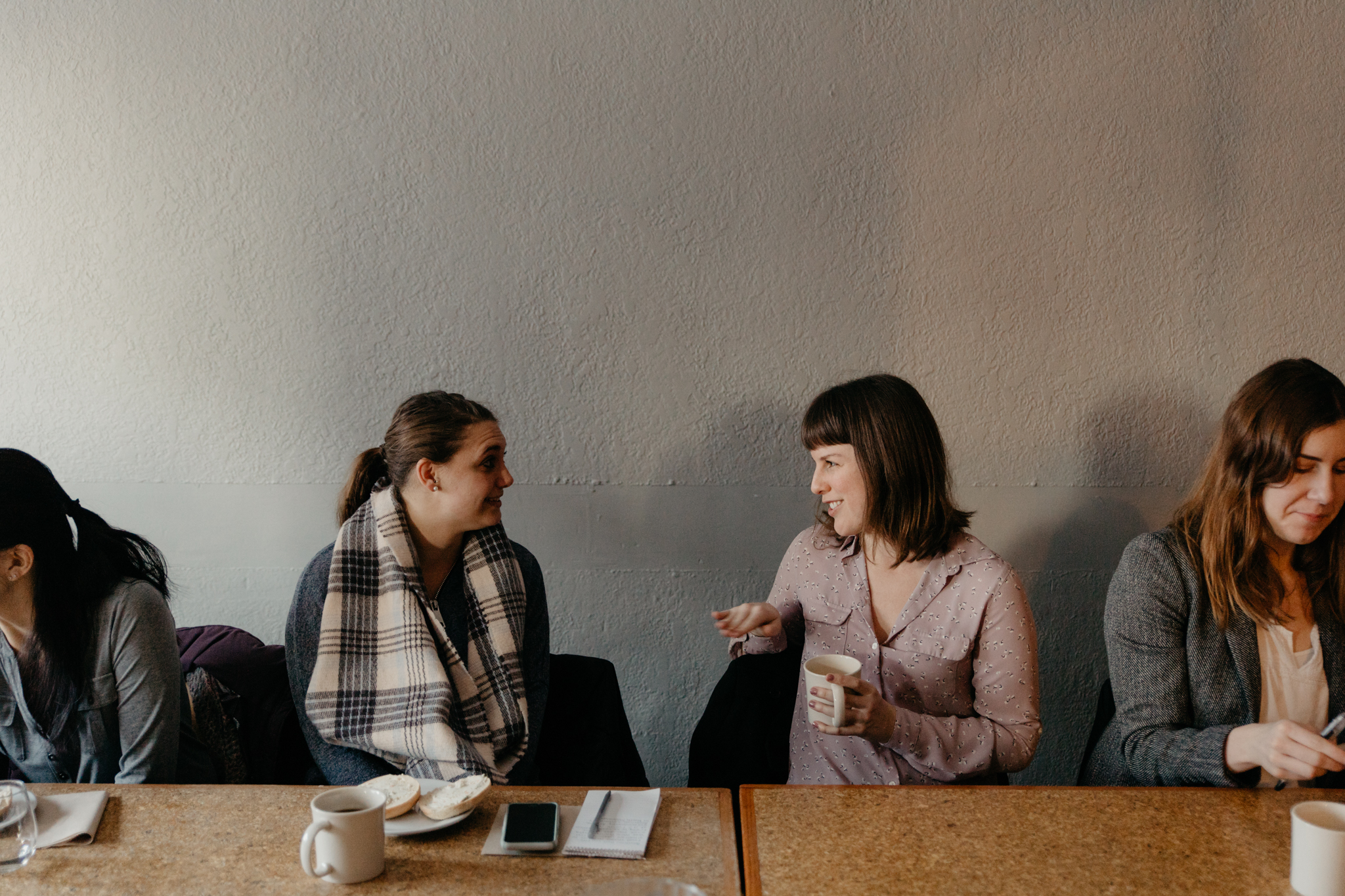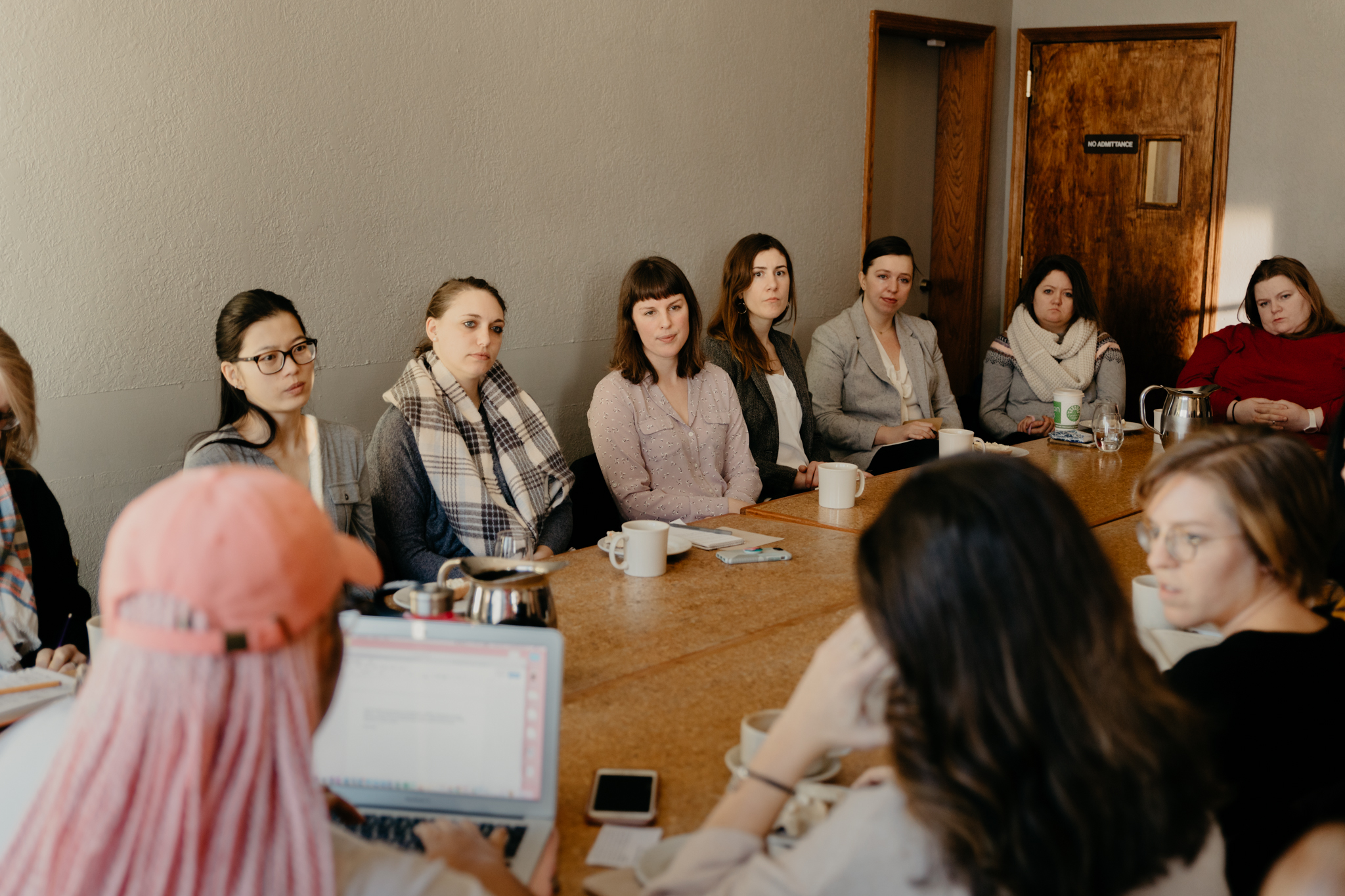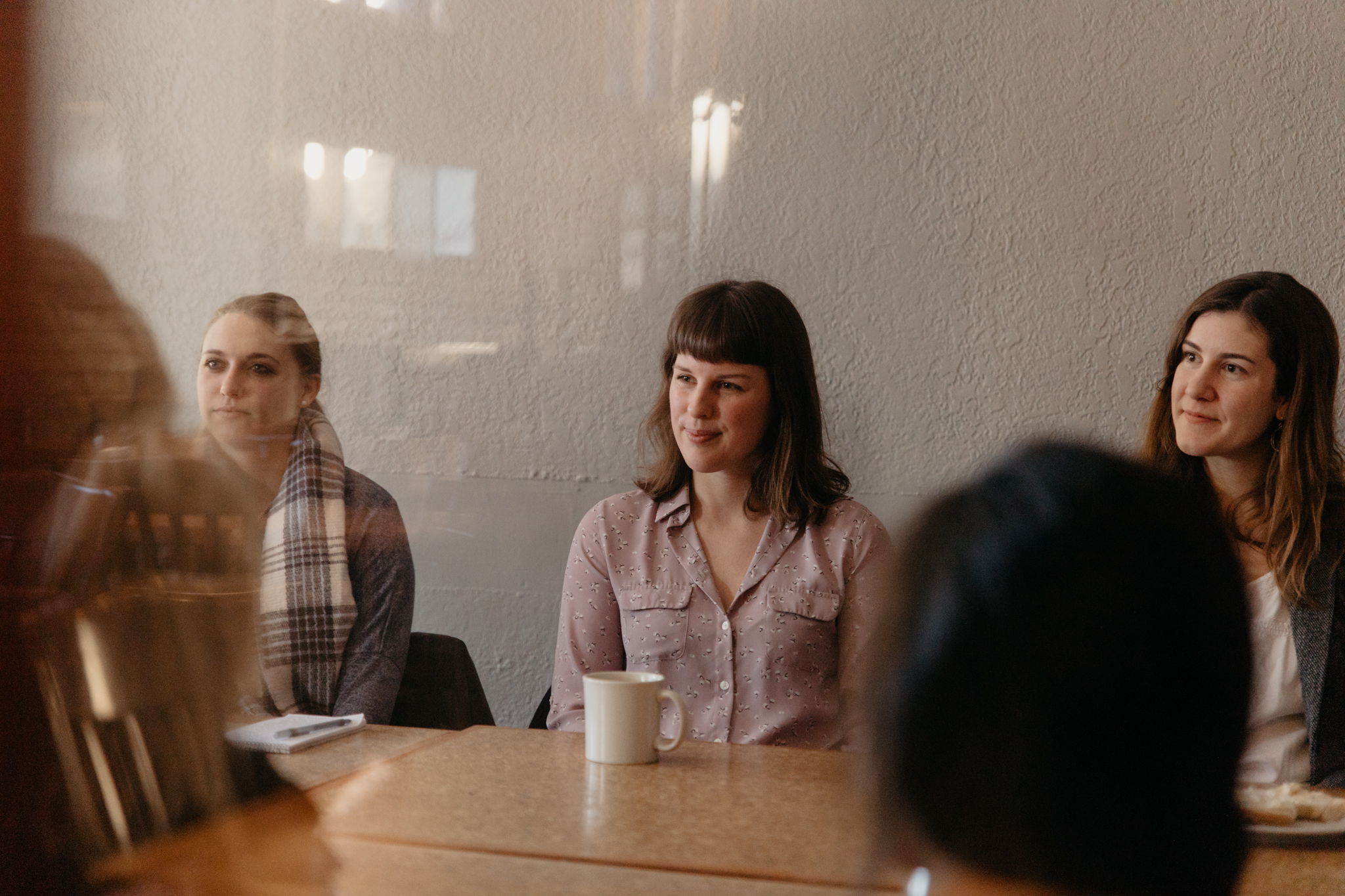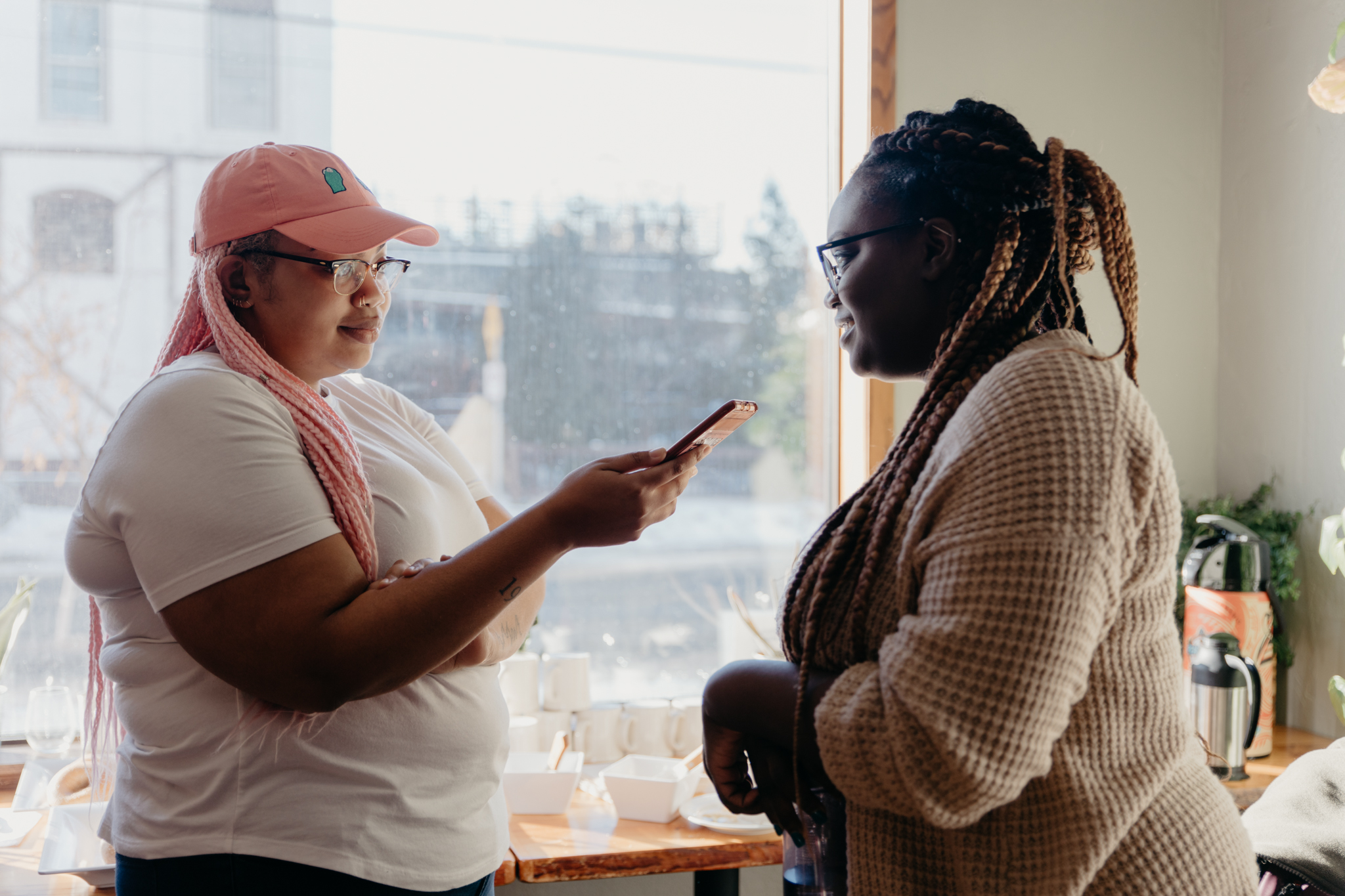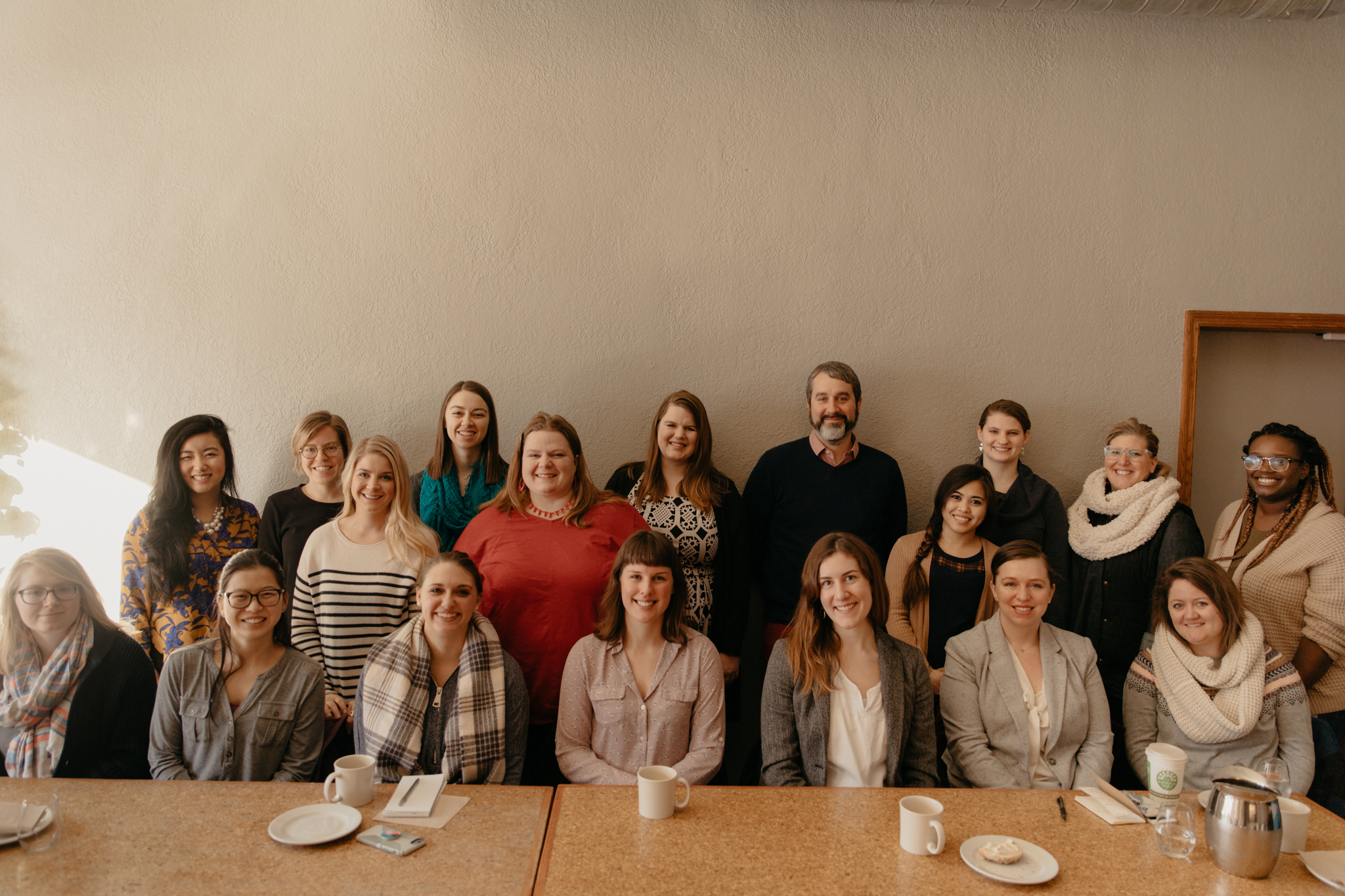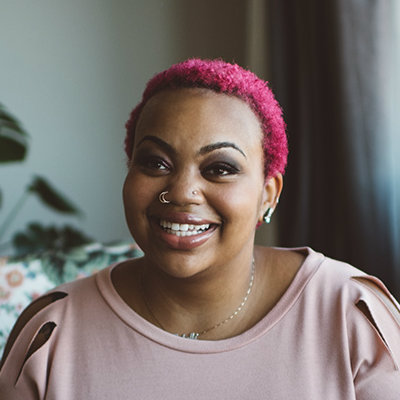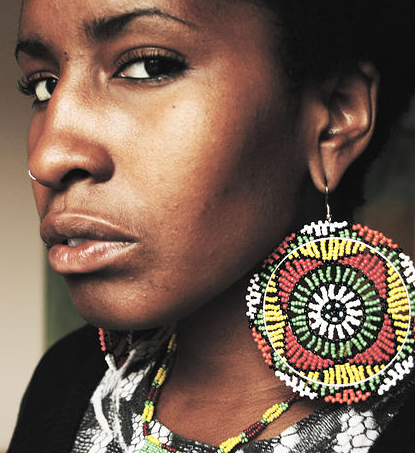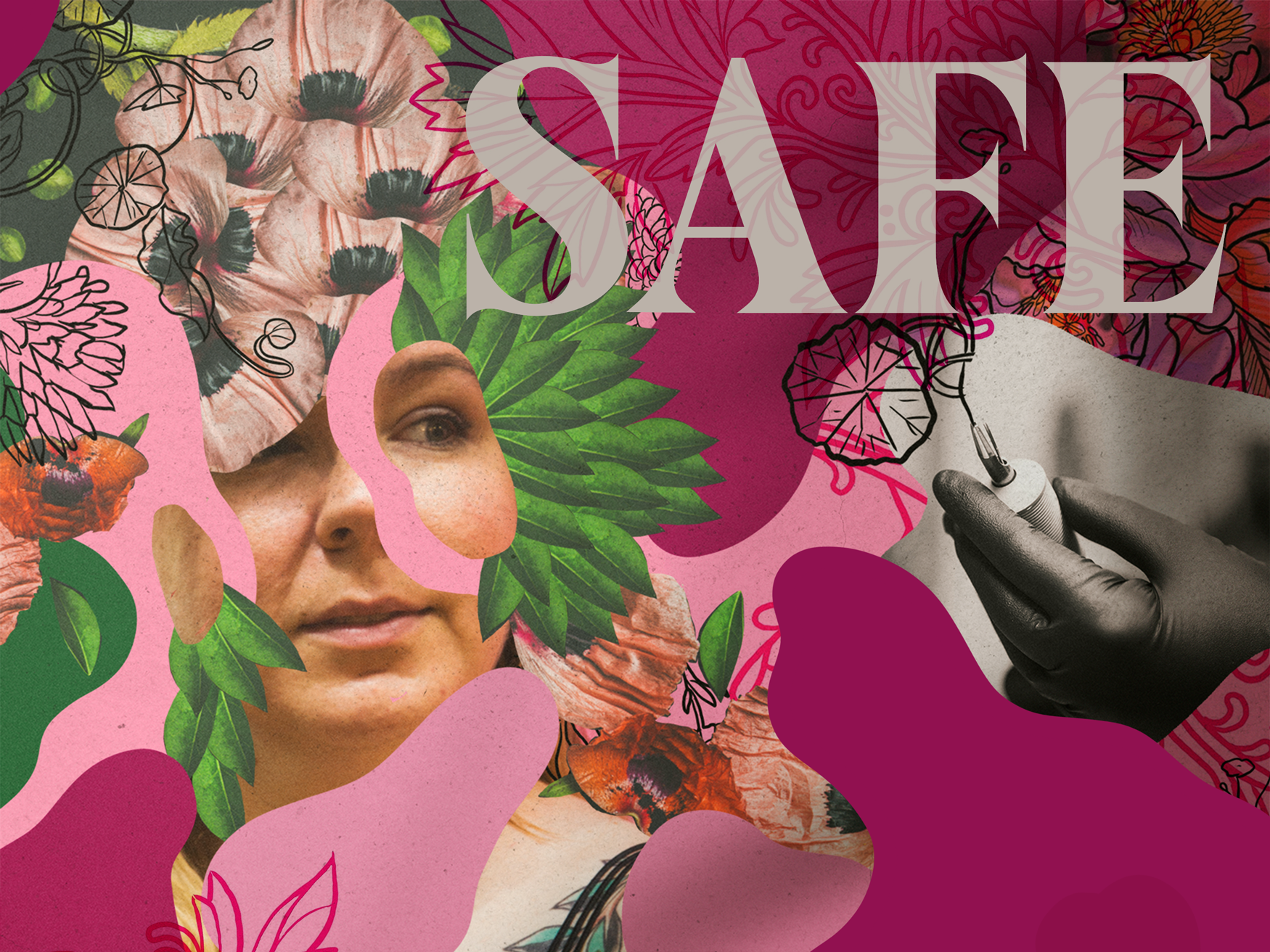
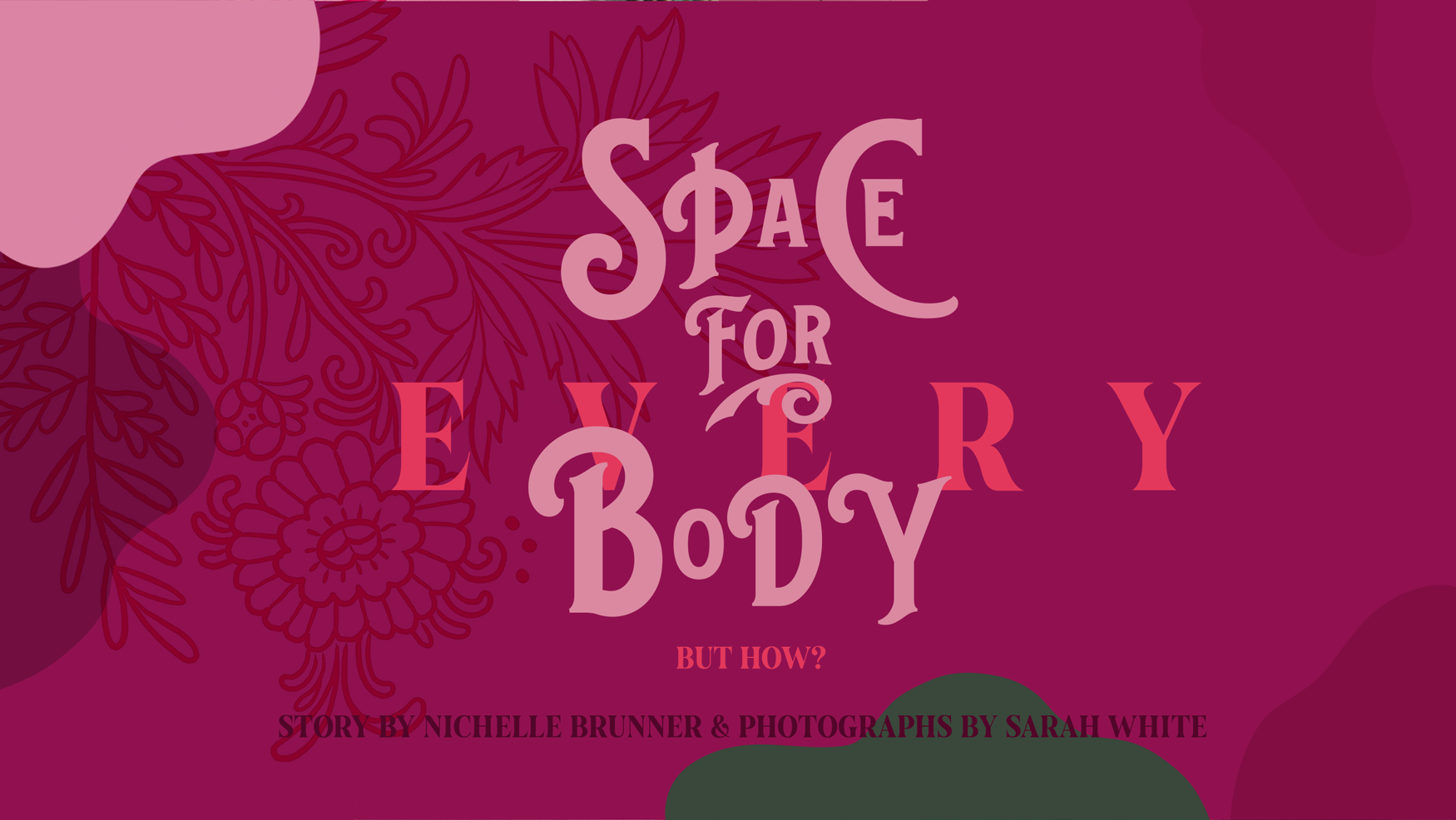
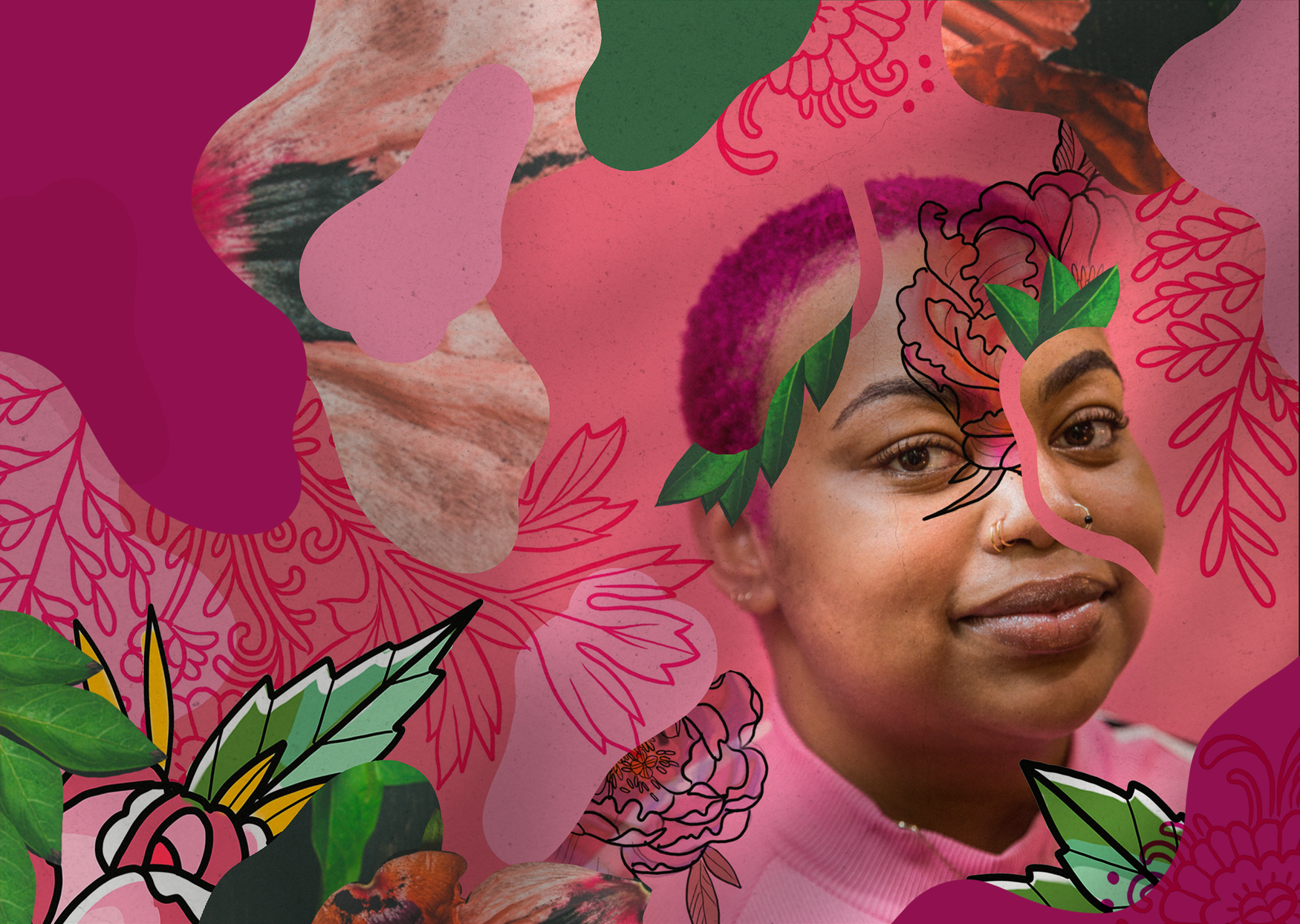
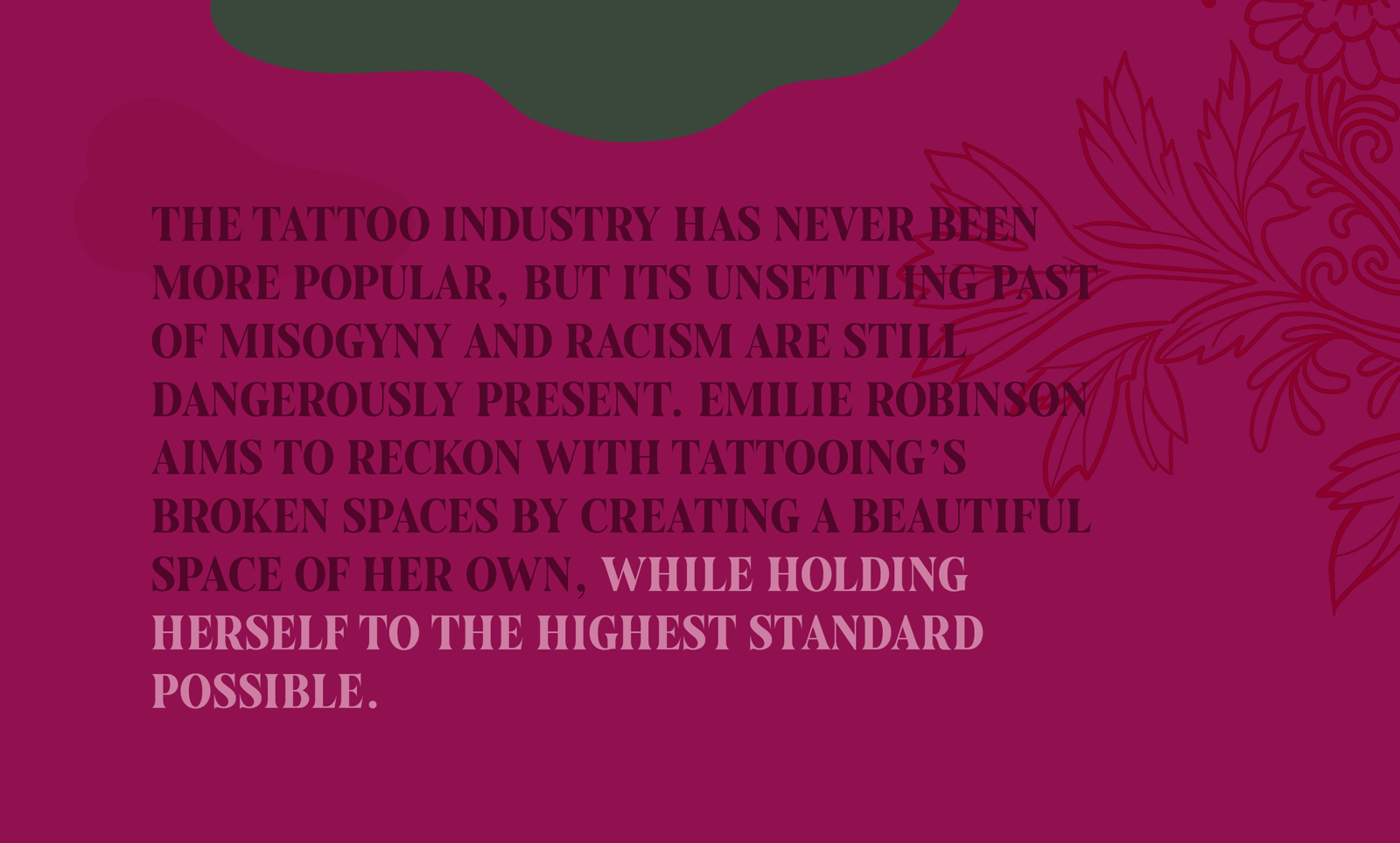
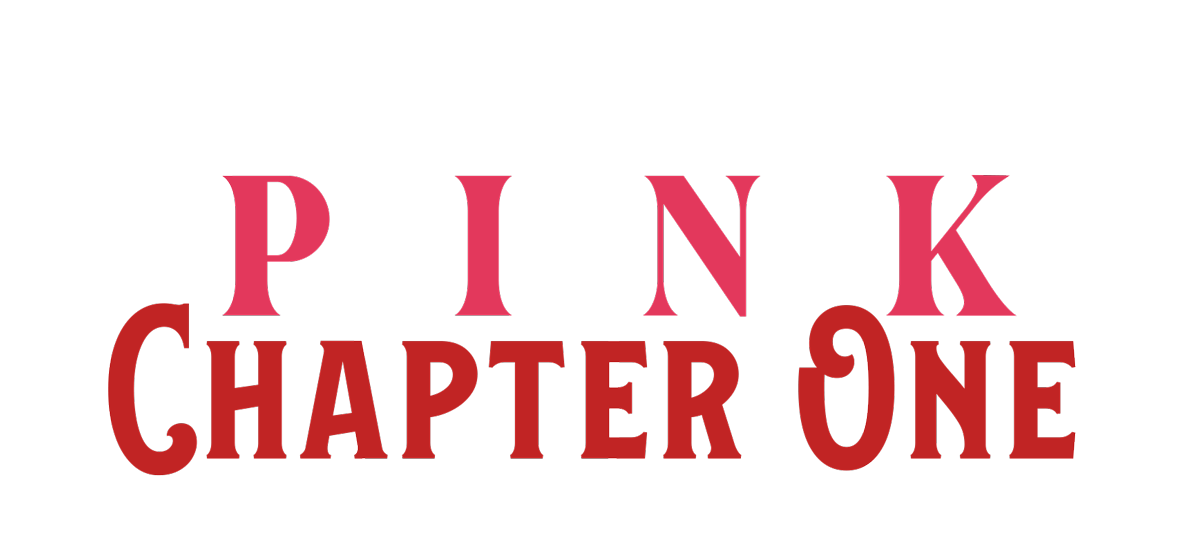
Hot pink walls covered with mirrors. Drawings of tattooed women. The aroma of lavender mists from a pineapple shaped oil diffuser. A plush, millennial pink couch blooms in the waiting area. Whitney Houston and the Beastie Boys headline the 80s playlist that plays in the background.
The Aldrich Tattoo Parlour immediately engages my senses. It is a safe haven, and one of my favorite places to be. Emilie Robinson owns the South Minneapolis private studio, which opened its doors in June of 2018.
In some ways, getting the tattoo from Emilie is just a bonus.
Emilie walks to the fridge hidden behind a white partition. I grab a few Jolly Ranchers out of a glass, rose-shaped bowl. She emerges from the white partition with a cheese platter and Rosé.
“I want to be a good host…and we’re friends so I don’t mind drinking with you,” Emilie laughs.
Our relationship dates back to early 2017, when I reached out to her to start my tattoo sleeve. But this isn’t just for me—this is the environment Emilie creates for all her clients: friendly, caring, and open.

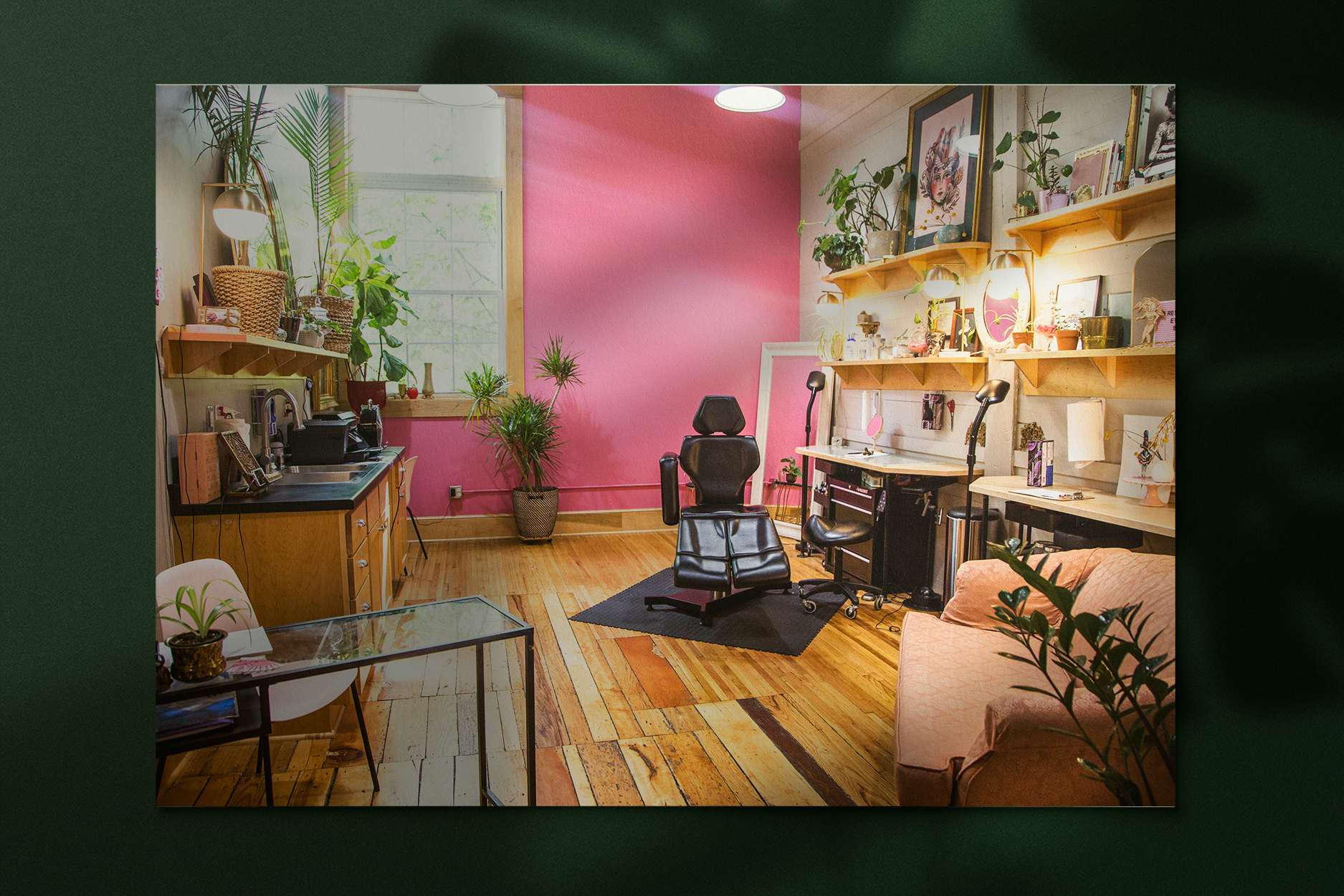

When I ask Emilie about her first tattoo experience, she laughs. “Oh my God, health department please look away,” she says. “I purchased a dodgy-looking package from China and that was my tattoo kit. I was 25 and I tattooed my friend. It was a dirty secret kind of thing. But I tattooed this star on him, and when he got up, the entire star moved,”
Emilie laughs, while covering her face. “It was this moment when I realized that I could be the best at drawing, but tattooing was a different animal!”
Emilie needed a mentor.
“I’m looking everywhere, and everyone is telling me no. It was frustrating, but it was also a learning moment. ended up at this tattoo shop in the suburbs [of Minneapolis]. I quit my job and worked there seven days a week because I knew this had to happen for me.”
During her apprenticeship, Emilie saw firsthand just how prevalent sexism and racism are in the tattooing industry.
“I found out that the person I was closest with there had a white power tattoo on his back,” she says. “There was blatant, derogatory racist language at the shop and in the tattoos. Even in some of my favorite artists [work], I saw these extremely sexualized images of Native women and Geishas. People were hesitant to tattoo people of color.
“There would be comments everyday about what I was wearing, or people saying things like, ‘I have the best job in the world because I get to see naked women.’ I heard stories from women and non-binary folks who also experienced inappropriate comments and sexual harassment while being tattooed. The men would jokingly grab your ass or comment on what you were wearing. It made me realize I had a lot to learn.”
Emilie hesitates to say the next part, sighing: “I feel bad talking about it. Tattooing has given me so much, so I hate making excuses. But I ended up leaving because one tattoo artist wanted to take advantage of me, making all these advances. I realized I was powerless in this position, and I needed a change.”

From there, Emilie set her sights on creating a safe haven, where she wouldn’t feel powerless, where she wouldn’t face misogynist taunts, and where racism wouldn’t be tolerated.
The Aldrich Tattoo Parlour became that safe haven—for Emilie and for all of her clients.
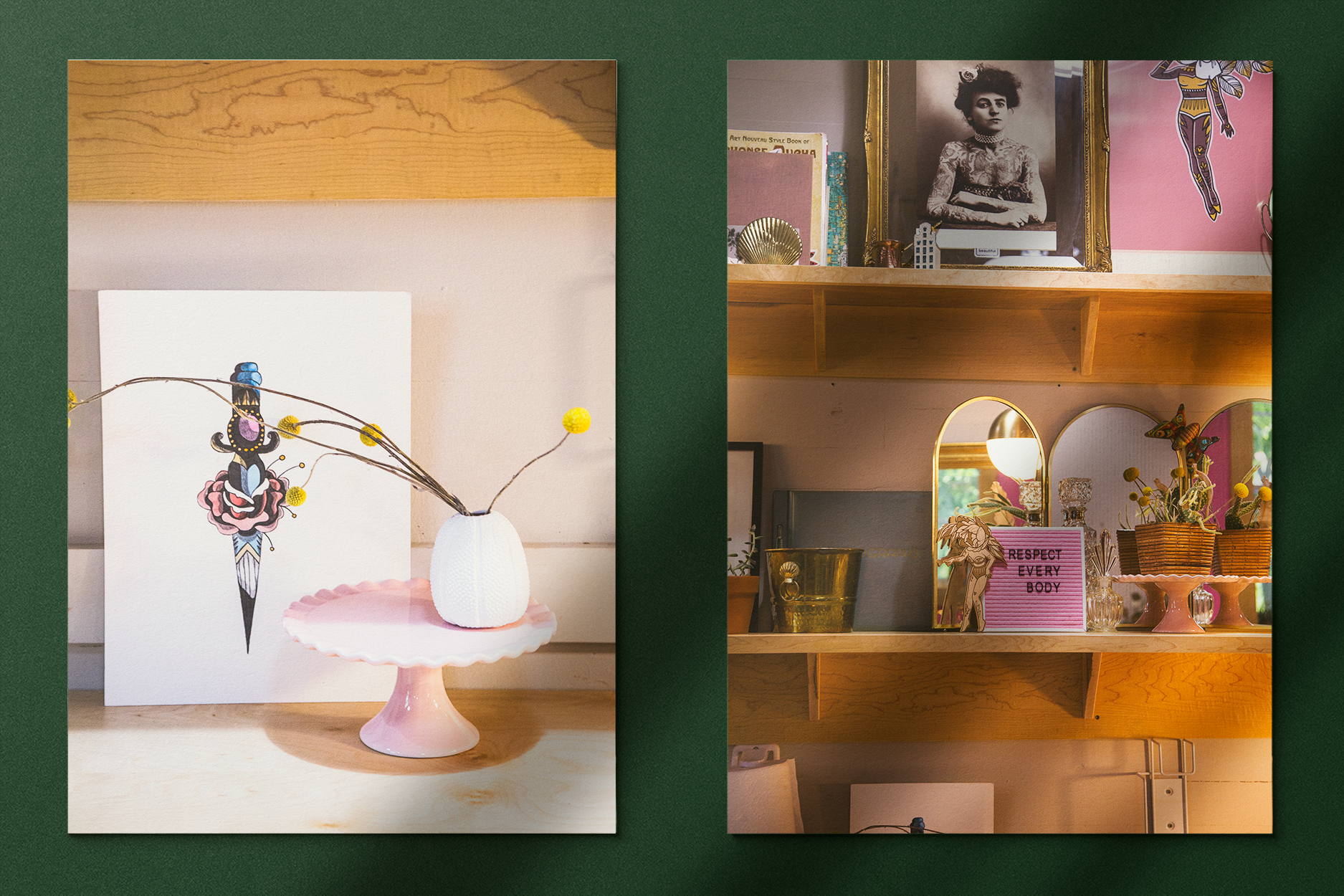

When Emilie opened The Aldrich Tattoo Parlour, she was nervous, but knew it was necessary.
“I was scared, but I told myself, ‘It’s now or never bitch!’
“You don’t have a corner or monopoly on tattoos because you’re old and have a beard. I can create a space that is really simple: people come in for tattoos, I give them what they want, and they leave. I can build a space where people of color, queer folks, and women feel really safe.”
I had my first experience with Emilie while I was scouting tattoo shops. I asked her about tattooing Black skin and fat bodies. She was open and honest: “I don’t have that much experience but I’ll learn and I want to work with you.”
Today I have a beautiful sleeve in progress. Emilie is recommending colors that she thinks will work best with my skin, while providing a comforting experience filled with Whitney Houston and Beastie Boys.
“Tattoos are inherently stressful, so I really want to take care of people and make sure they’re comfortable,” Emilie says. “I just feel really lucky to be a woman in tattooing. Tattooing taught me to love myself more, because I’m being empowered by my clients to celebrate my body and myself. I get to be the voice for and provide strength for other women. I get to be an inspiration for others, and I am not trying to toot my own horn –”
I interject. “You’re an inspiration and your work is important. You should toot your own horn!”
Emilie pauses, then laughs. “Well then, toot toot!”

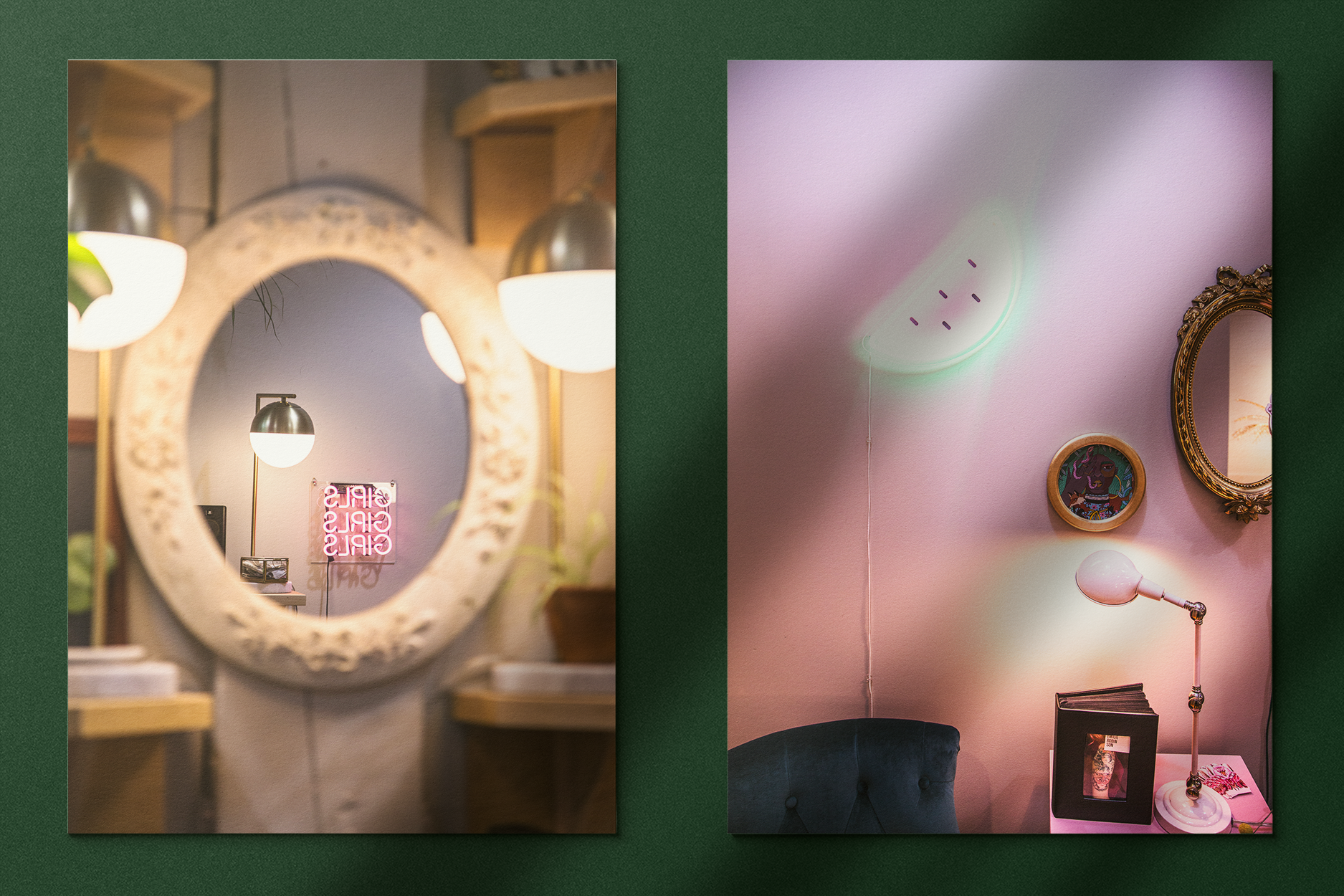
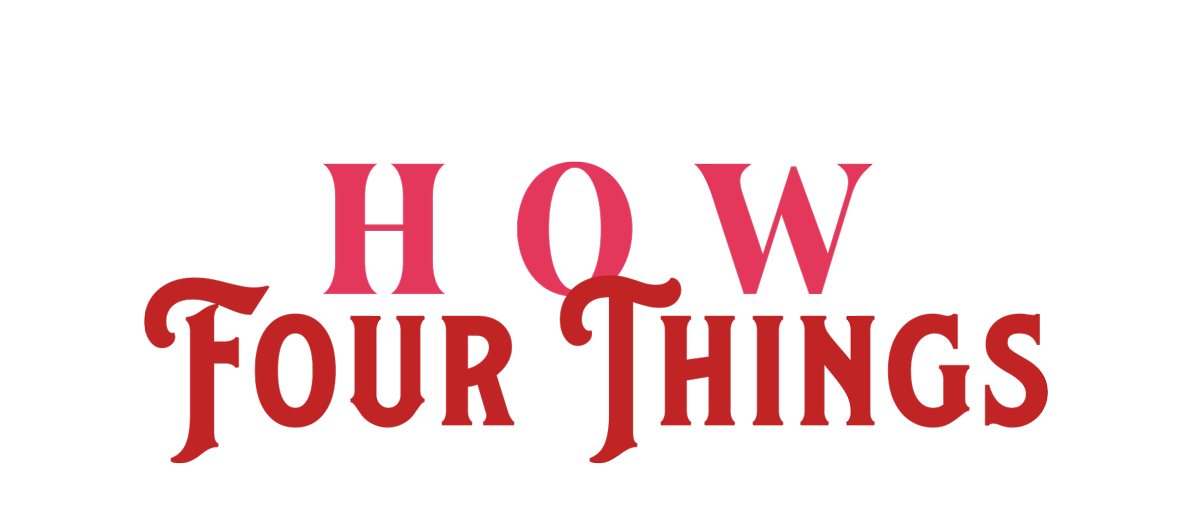
Fighting for Independence
During her apprenticeship, Emilie experienced sexual harassment that pushed her to end her contract with the tattoo studio. She successfully went through the judicial process and got out of her contract with a clean cut. “I think a big part is holding people to a high standard and not backing down from the respect that everyone deserves. In this case, it meant leaving somewhere where I was being given what felt like a ‘once in a lifetime opportunity,’ and deciding that my safety and the safety of my clients was worth walking away from a situation.”
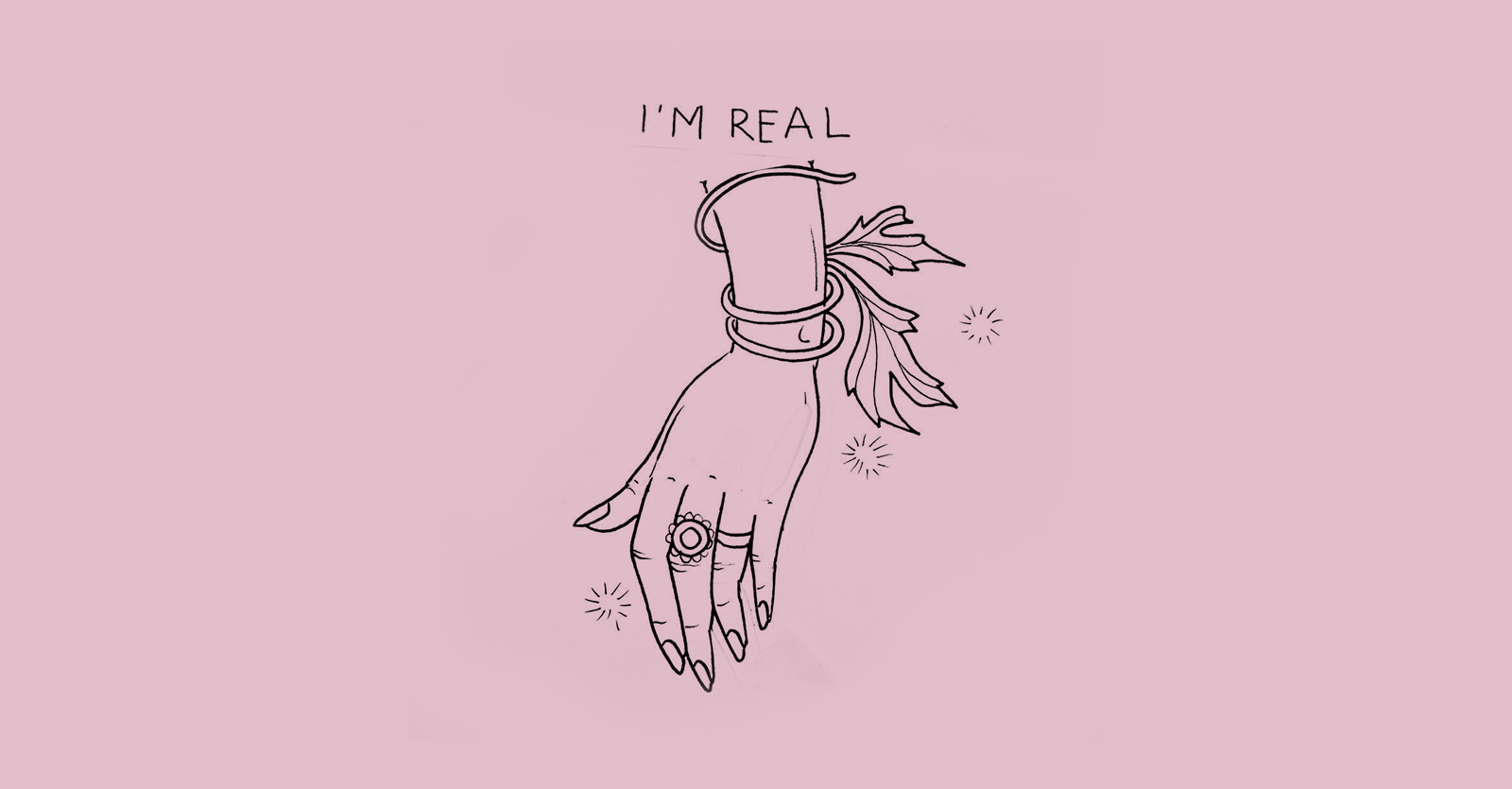
Art/Decoration
On Emilie’s Instagram, you can view examples of her work, where she focuses on drawing women of diverse bodies, races, and ethnicities. “I’ve been getting more requests from Native women to draw Native women, from Latinx women to draw Indigenous faces, from plus women to draw plus women. It’s a scary experience of not wanting to fall into the long tradition of appropriation, exoticism, and caricature that is so prevalent to this day in tattooing. I am continuing to work with people and to get feedback as I expand who I draw, and it is worth it to me to have the folks see themselves in my drawings.”
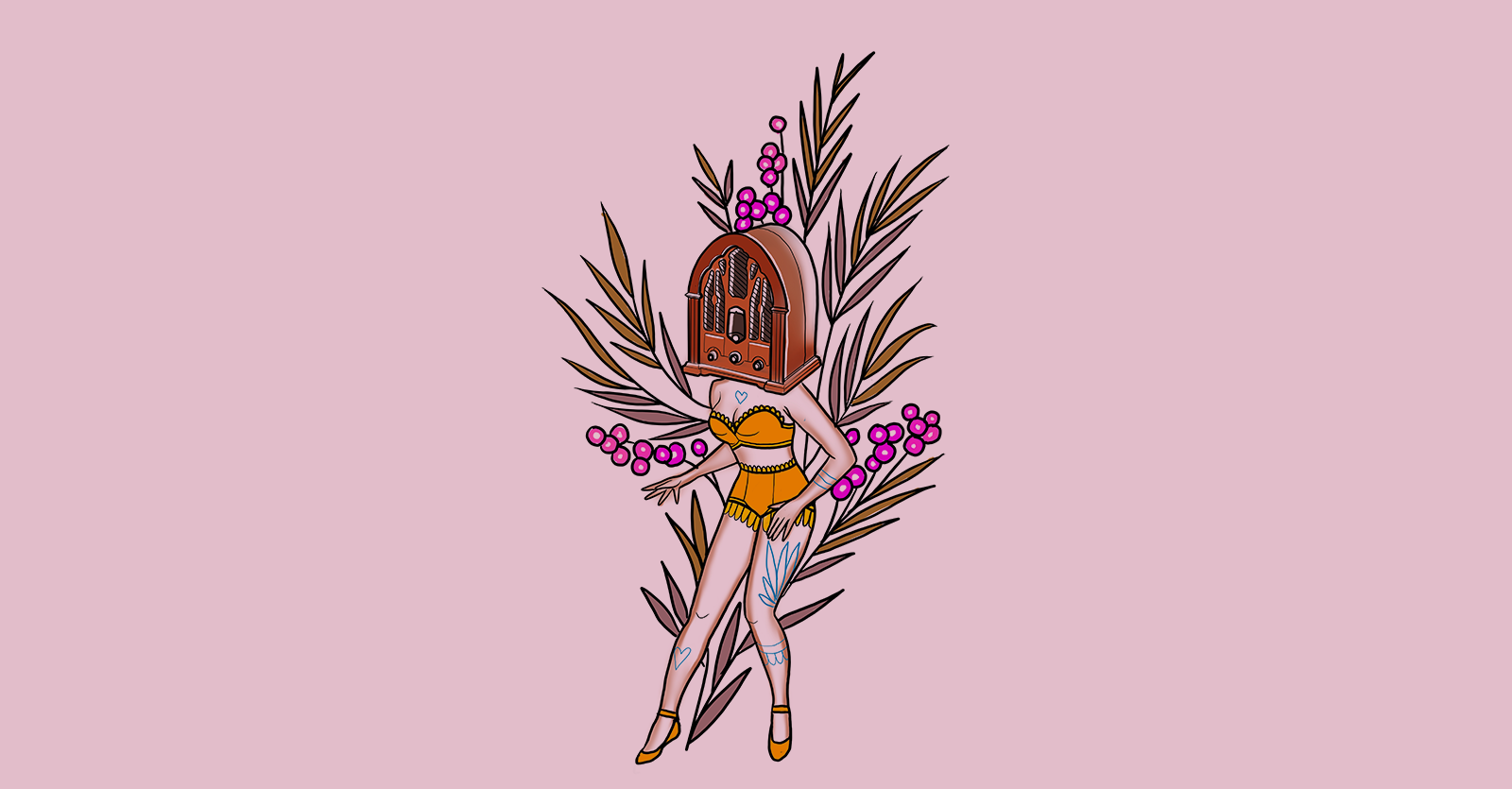
Open to Feedback/Growth
Emilie is consistently opening herself to feedback and growth when it comes to diversity and inclusion in tattooing. “I always drew these white, skinny, idealized bodies. Then I had potential clients asking me to draw different kinds of women and discussing how important it is to celebrate all bodies. It’s great to be reminded by my clients to draw curvier women and women of different races. In a way, I’m being empowered by my clients’ feedback.”
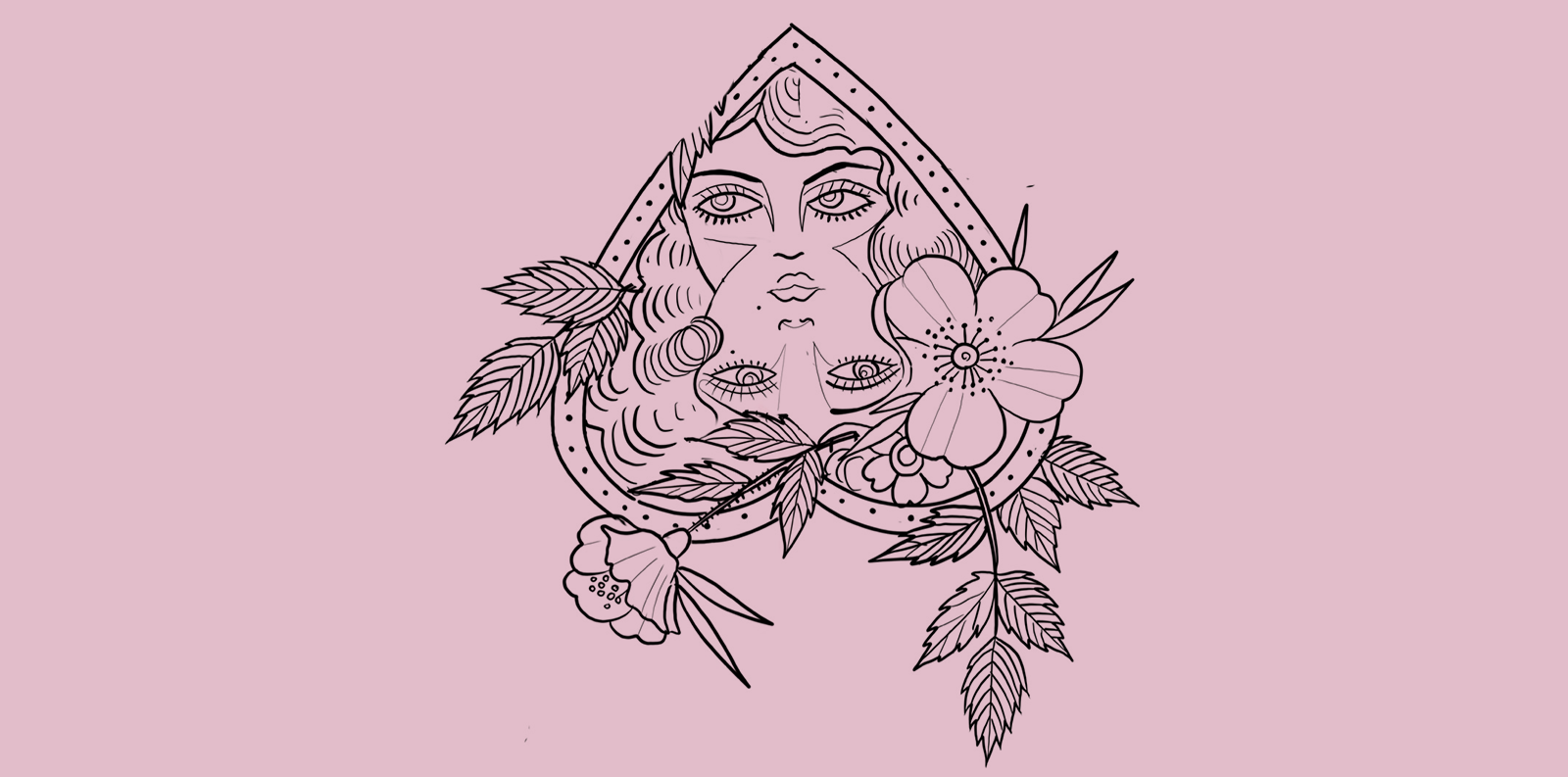
Diversity Training
“I was lucky enough to be able to hire the incredible Stacy Wells [of Sankore Consulting] to advise me. When I first met with her, my initial instinct was to have her help with my Instagram and creating equitable imagery. But she had us take a step back and we started with how I relate/handle difference in other people. It was a beautiful moment for me to realize that I need to start with my own head/heart approach to then equip me to be a better human, and then as a result, to be equipped to make smarter business decisions that are welcoming. I learned that I’m apt to resort to minimization — to minimize difference: ‘we’re all the same, we are all human.’ I grew up hearing that the best way to not be racist was to be colorblind, and I didn’t realize that I still have some crumbs of that belief system in me. Stacy was wonderful, talking me through ways to move past this minimization phase by learning about and continuing to embrace difference — but I still have a lot to learn.”

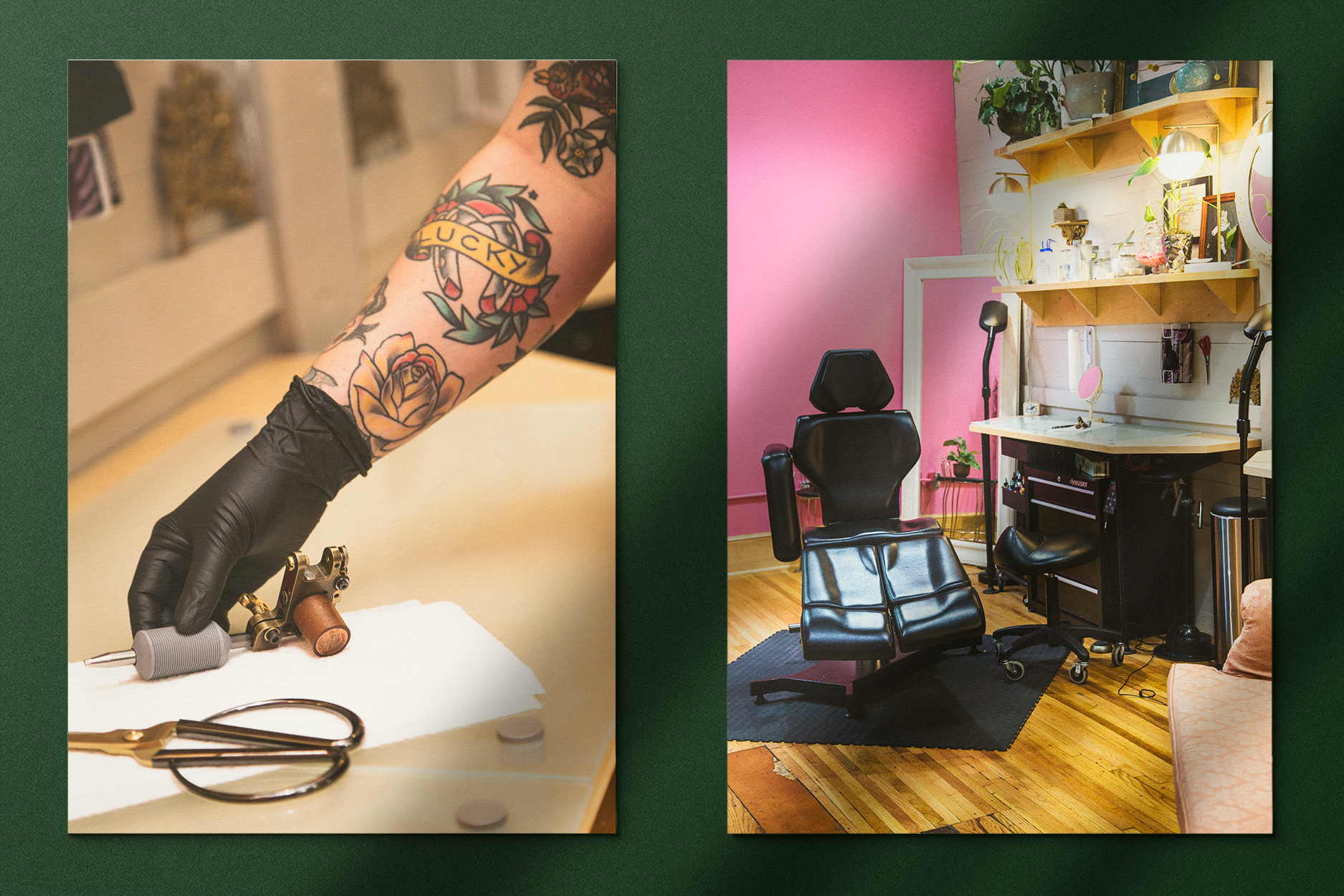

contributors
